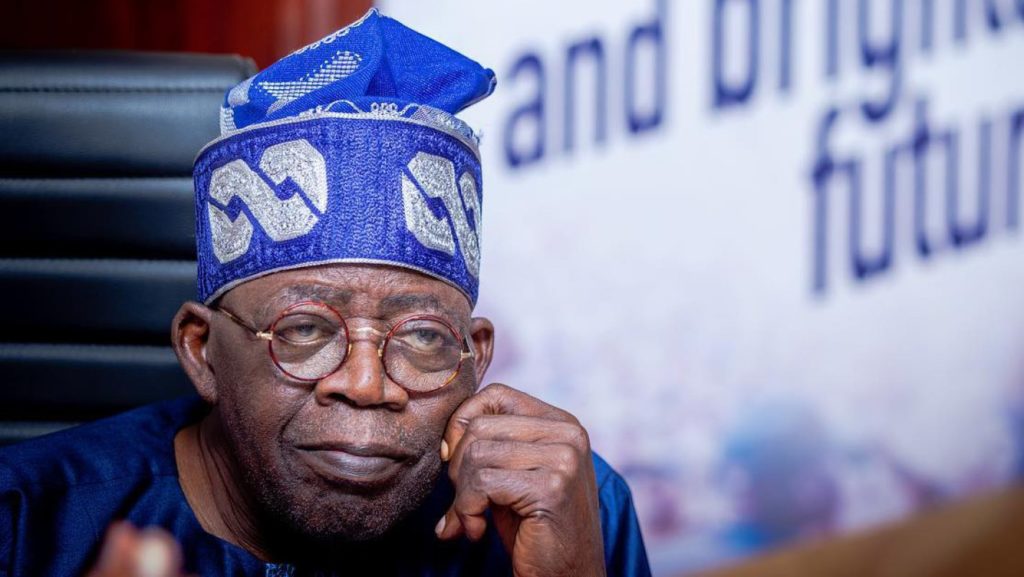Moreover, the fixation on the president originates from a flawed perception of the leader as either a saviour or a villain. This simplistic viewpoint fails to grasp the complexity of Nigeria’s issues and the imperative for collective accountability. It is crucial to understand that the challenges facing Nigeria are deeply rooted in systemic issues that require holistic solutions beyond changing leadership. Citizens must actively participate in governance, hold officials accountable, and advocate for systemic reforms to address underlying issues effectively.
By Dauda Jimoh
Nigeria, a Federal Republic with a three-tiered structure, has been plagued by an obsessive focus on its presidents. Critics often attribute the country’s challenges to the leader, disregarding the intricate network of institutions, systems, and societal factors at play. This essay aims to debunk the erroneous assumptions underlying this fixation and delve into the responsibility of citizens, the influence of capitalism, feudalism, and rentier state dynamics, as well as the divisive impact of ethnic-religious disparities.
Primarily, Nigeria does not operate as a monarchy, where the sovereign wields absolute authority. Instead, it functions as a federal government encompassing the executive, legislature, and judiciary, along with autonomous parastatals and institutions.
Nevertheless, inadequately managed, feeble, and corrupt institutions have impeded effective governance. For example, the mismanagement of public funds and lack of accountability have led to rampant corruption within government agencies, hindering progress and development.
Moreover, the fixation on the president originates from a flawed perception of the leader as either a saviour or a villain. This simplistic viewpoint fails to grasp the complexity of Nigeria’s issues and the imperative for collective accountability. It is crucial to understand that the challenges facing Nigeria are deeply rooted in systemic issues that require holistic solutions beyond changing leadership. Citizens must actively participate in governance, hold officials accountable, and advocate for systemic reforms to address underlying issues effectively.
Furthermore, the repercussions of capitalism, feudalism, and rentier state influences must not be underestimated. The exploitation of Nigeria’s resources, perpetuated by unscrupulous elites and external interests, has entrenched poverty and disparity. For instance, the oil-rich Niger Delta region has experienced environmental degradation and economic marginalization due to exploitative practices by multinational corporations and local elites, exacerbating social unrest and discontent among the population.
Lastly, ethnic-religious disparities and a lack of national pride have exacerbated divisions, complicating the task of fostering a unified nation. The prevalence of ethno-religious conflicts and discrimination has hindered social cohesion and economic progress. Building a sense of national identity and promoting inclusivity are essential steps towards bridging these divides and fostering a more united Nigeria.
In conclusion, the misguided fixation on Nigerian presidents overlooks the multifaceted nature of the country’s dilemmas. It is essential to acknowledge the responsibility of citizens, rectify institutional deficiencies, and strive towards a more inclusive and just society.

